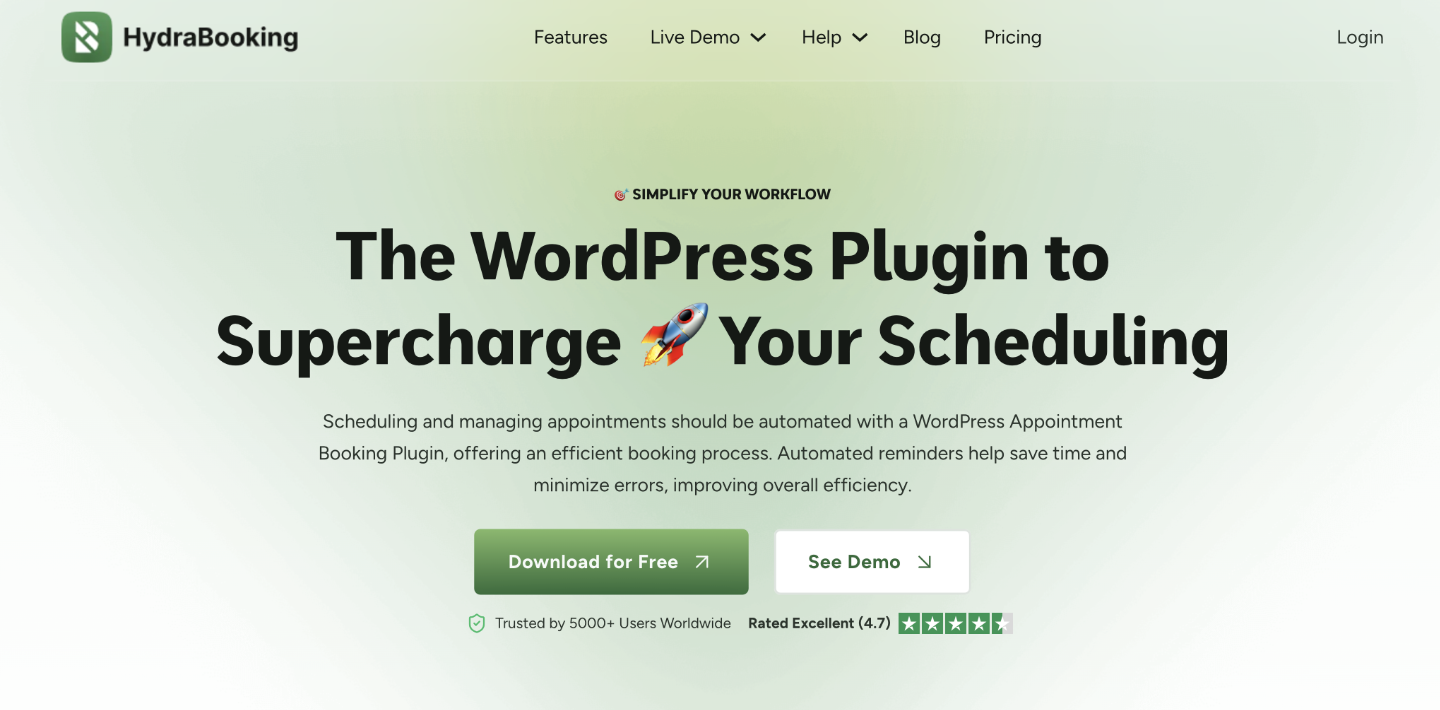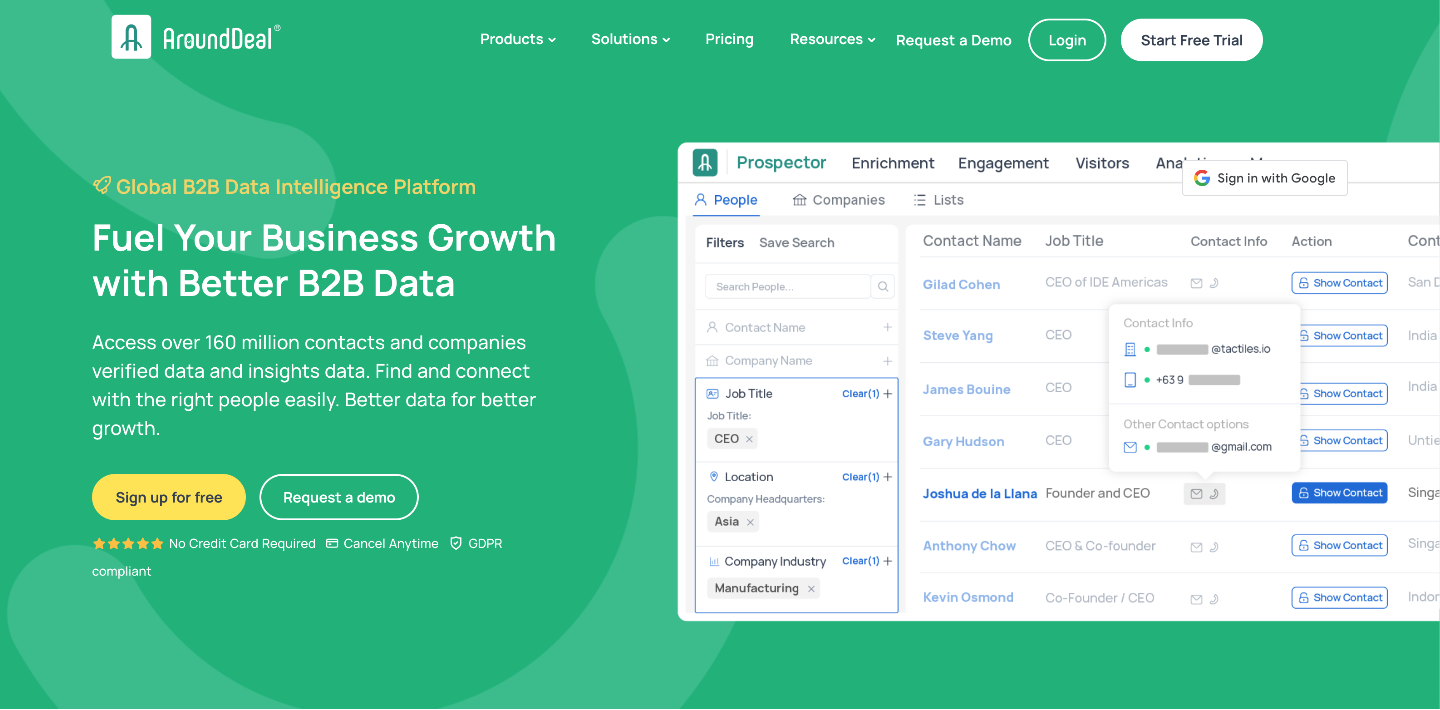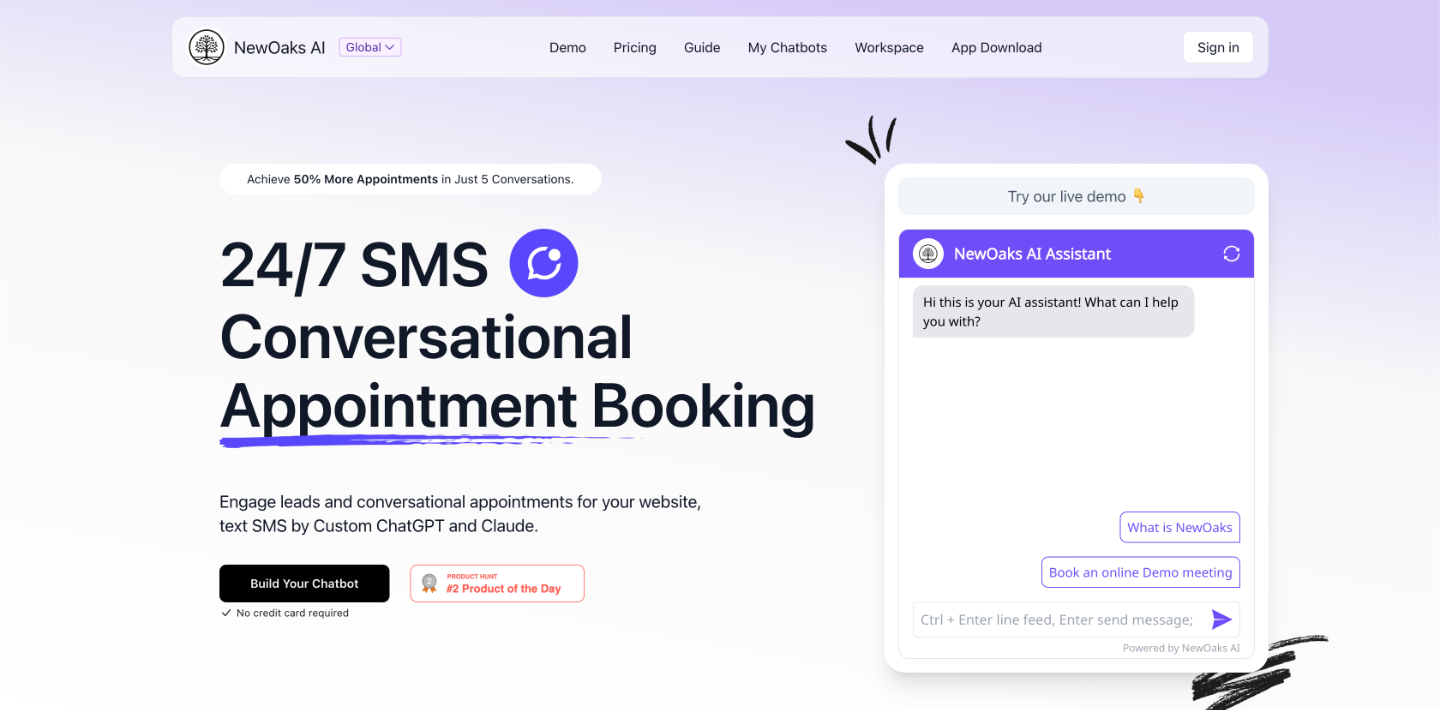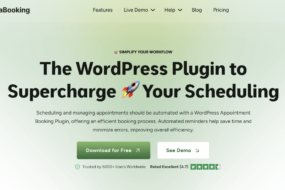
Explore 5 different cloud storage services and examine the advantages and disadvantages.

Cloud based storage services are becoming more common as cloud storage becomes increasingly cheaper and easier to manage. With the recent popularity of cloud storage, this means there are now so many more options available to choose from. The amount of options may make your choice overwhelming, so we are here to help. First, we’ll discuss a little bit about how cloud storage works and ways your small business can benefit. Then, we’ll get into the specs of each service to determine the perfect cloud storage service to suit your small business.

Take time to look at an array of different storage options, you never know where the big ideas will come from. Image courtesy of Pexels.
What is Cloud Storage?
The cloud is a hot topic these days, so let’s explore what cloud storage is and how it will work with your business. The cloud consists of a set of remote servers that store your data, meaning these servers are not just within the walls of your business. Because these servers are elsewhere, it is most common to access the cloud using the internet. Once your small business has set up cloud storage, files and programs can be accessed from anywhere with internet connection, making your important data much easier to access anywhere.
It is important to know that there are two different types of cloud storage available, public and private storage. Public storage involves storing your data alongside other companies that use the same service. This is beneficial because these servers are usually located all over the world, making it much more secure and impervious to natural disasters. Public storage services like Amazon Web Services, will only bill you for the amount of data storage your small business uses.
Private cloud storage allows for more control over your data, but leaves your data potentially less secure. By using a private cloud storage it is possible to protect your data by having your own firewall. However, if all of your data is stored in the same place, should anything happen to the servers, you could potentially lose all of your data. Because each storage method has its strengths, many companies will opt for a hybrid cloud storage model, taking advantage of the best parts of both methods.
Now that we have a good grasp on what cloud storage is and how it works, let’s explore some of the most popular cloud storage options for small businesses currently on the market.

Make your data storage experience as seamless as possible, choose your priorities wisely and plan for what the future of your company will look like. Image courtesy of Pexels.
1. Amazon Web Services
Amazon’s AWS service offers a variety of payment plans and includes different built in application services. You are free to choose from their pay as you go, pay less when you reserve, pay even less per unit by using more, pay even less as AWS grows, or a custom pricing package. It is best to consider which one of these options will be best suited for your company. While “paying as you go” might be best if you are trying to avoid a long term contract, you will also want to consider their other options as they offer discounts for investing in reserved capacity or receiving benefits as AWS introduces new cost effective updates. If you need to transfer your data to AWS, Amazon also provides a secure digital migration service fully integrated with AWS.
2. Google Drive
Google Drive is one of the more well known and user friendly cloud storage services. If you have a personal google account, you are able to use 15GB of data storage completely for free. If you are interested in using Google Drive for all of your cloud based storage, there are a few things to consider. First is ease of use. Google Drive is easy to manage and includes a great office suite that is suitable for many small businesses. If a file is lost or difficult to find, Google Drive will use Google Search Engine so you can find it again quickly. Another advantage of google drive is that your storage is customizable. Should your business need more storage in the future, you are able to upgrade your storage at a relatively low cost. 2 Terabytes of data storage only costs about $99 per year.
3. Microsoft OneDrive
If your small business uses Microsoft, OneDrive may be the best option for you. OneDrive is engineered to work with Windows 10 and other popular Microsoft products like Outlook 365. An interesting feature of OneDrive is that you are able to edit files without downloading them, saving you local storage on your device. A downside of OneDrive is that it is more expensive than other programs to upgrade to more storage. However, if you are a dedicated Microsoft user, that extra cost could be well worth it.
4. Box
Box, on the other hand, impresses for its exceptionally low cost. For your small business, the bottom line is always the most important, and Box can certainly help if you feel you are overpaying for cloud storage. At $15 a month for unlimited storage, the price is definitely the main appeal. If the low price piqued your interest, there are other unique features that make Box a good candidate for cloud storage. With Box, you are able to share your screen from your desktop, search for text within a set of files in case you’ve forgotten where some information is stored, and can centralize business data for easy accessibility.
5. Dropbox
It’s very possible that you have already used Dropbox to share personal files, since it has a very popular free option. What you may not know is that Dropbox is also a great option to consider when looking for a cloud storage method. Some of the important features of Dropbox for Business include 1 Terabyte of storage per user, ability to view the version history and more personalized security settings. These features make Dropbox super effective for small businesses. It is also one of the lower cost options for cloud storage, especially if you are still a growing small business.
Now that you’ve explored the world of cloud storage a little bit more, it’s time to find the service best suited for your small business. Whether you are staying small or will need a big storage upgrade in the near future, these 5 options will have you covered for all of your cloud storage needs.















